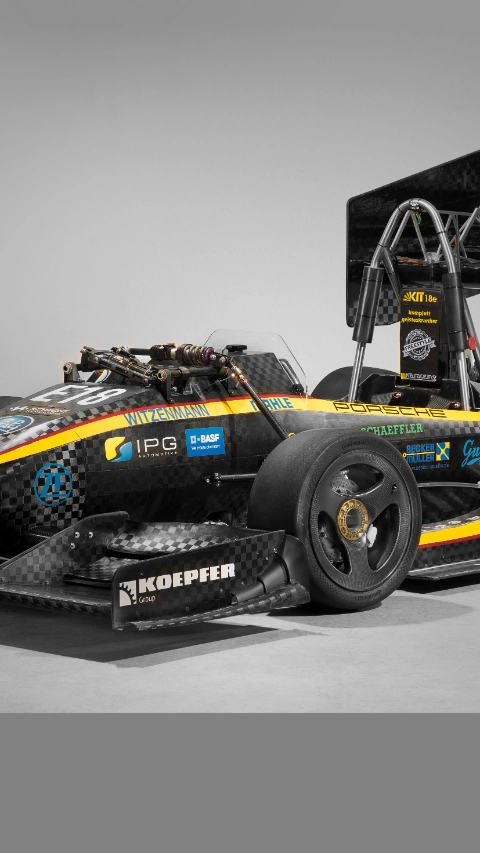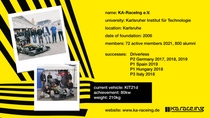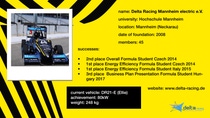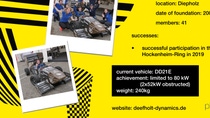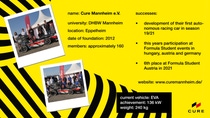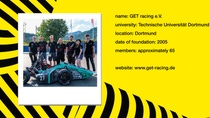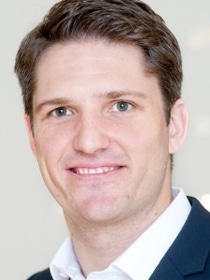Performance Polymers
Formula Student Germany

Hot engines, innovative design and sophisticated technology. Every year, the dream of a self-made racing car starts and finds the season highlight at the Formula 1 racetrack at the Hockenheimring.
At Formula Student, students build a one-seat race car to compete against teams from around the globe. The competition is won not only by the team with the fastest car, but by the team with the best overall package. This includes the design and performance of the vehicle as well as the financial and sales planning of the entire racing team. The team members are faced with the challenge of incorporating the experience in engineering and production and taking into account the economic aspects of the automotive industry. In addition to the good driving characteristics of the racing car such as acceleration, breaking and handling, the vehicle should also be offered at a commercially available price on a fictitious market. In addition, the market value of the car increases due to additional factors such as aesthetics, comfort and the use of innovative materials. The decision will be made by a jury of experts from the fields of motorsport, automotive and the supplier industry. This jury evaluates each team's car and sales plan based on design, cost planning, and sales presentation. The rest of the scoring is made on the track. In a series of performance tests, the students show how well their self-built race cars perform.
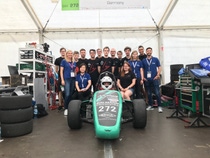
BASF has been sponsoring several race teams for many years. The type of sponsorship is versatile, from financial support to the implementation and evaluation of crash tests to consulting on business plans. In 2019, BASF 3D Printing Solutions (3DPS) awarded the Vellore VIT team a Special Award for the best use of 3D-printed components. In addition, BASF is always showcasing at the event days the use of BASF materials in the automotive industry and provides information at an own booth. Exhibits from a wide range of units illustrate BASF's multifaceted role in the automotive industry, while personal discussions can also clarify career opportunities.
BASF will continue to support student teams in the Formula Student competition. With the increasing importance of future mobility and sustainability, the automotive industry provides an attractive application potential for BASF materials. Electric powertrains already play an important role in the racing teams sponsored by BASF. In future, sponsorship will place even more emphasis on innovative drivetrains and sustainability.
